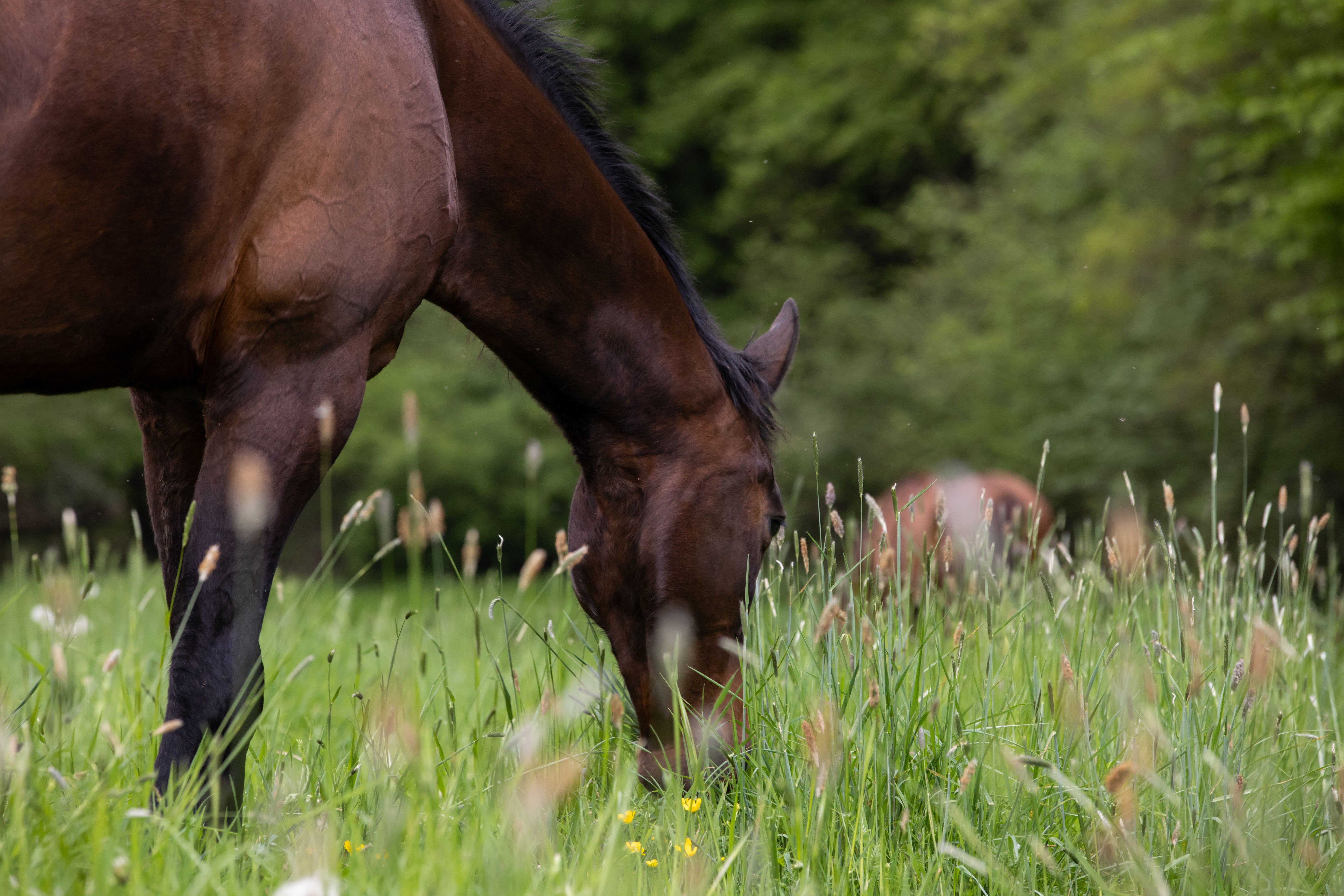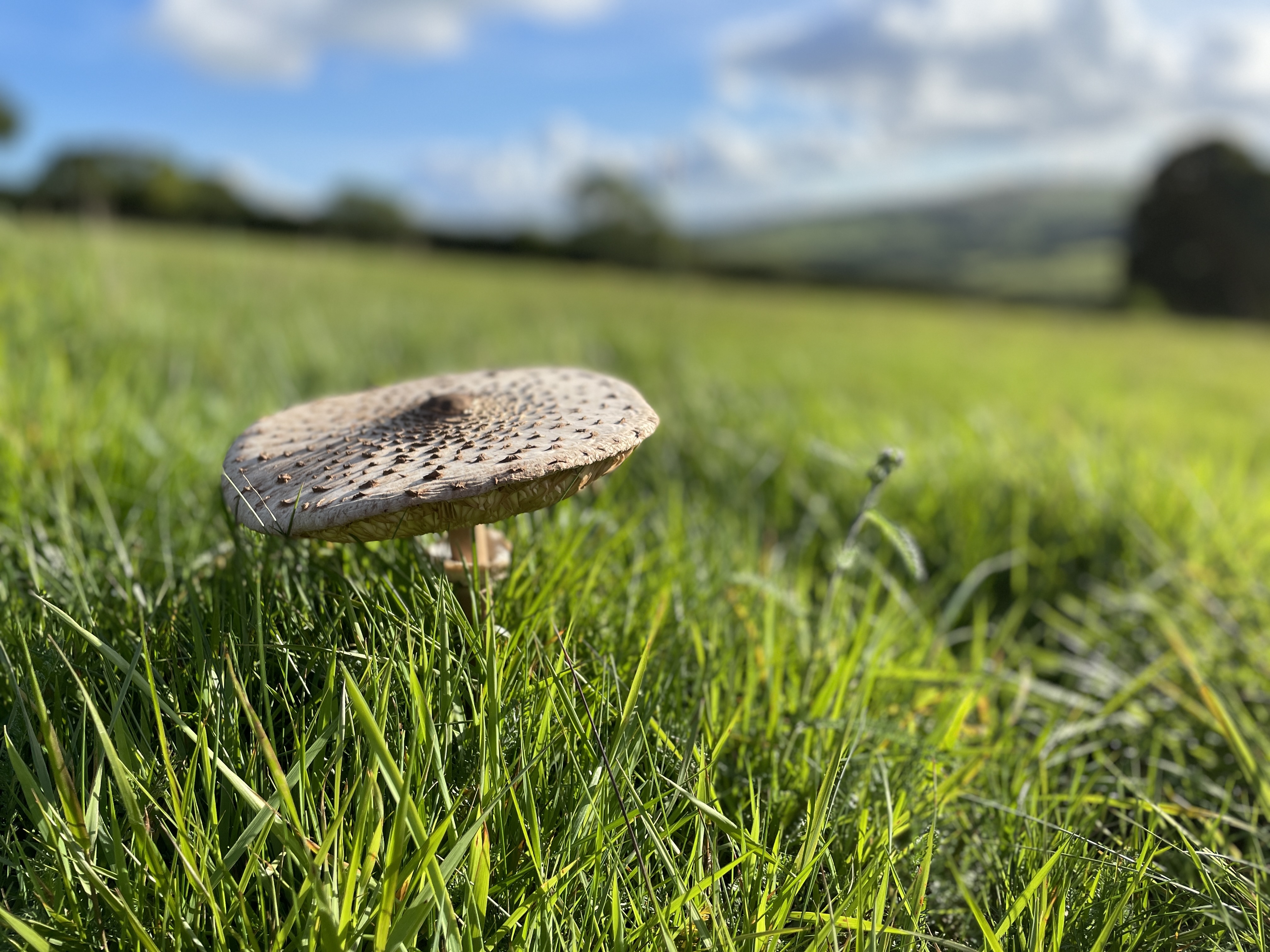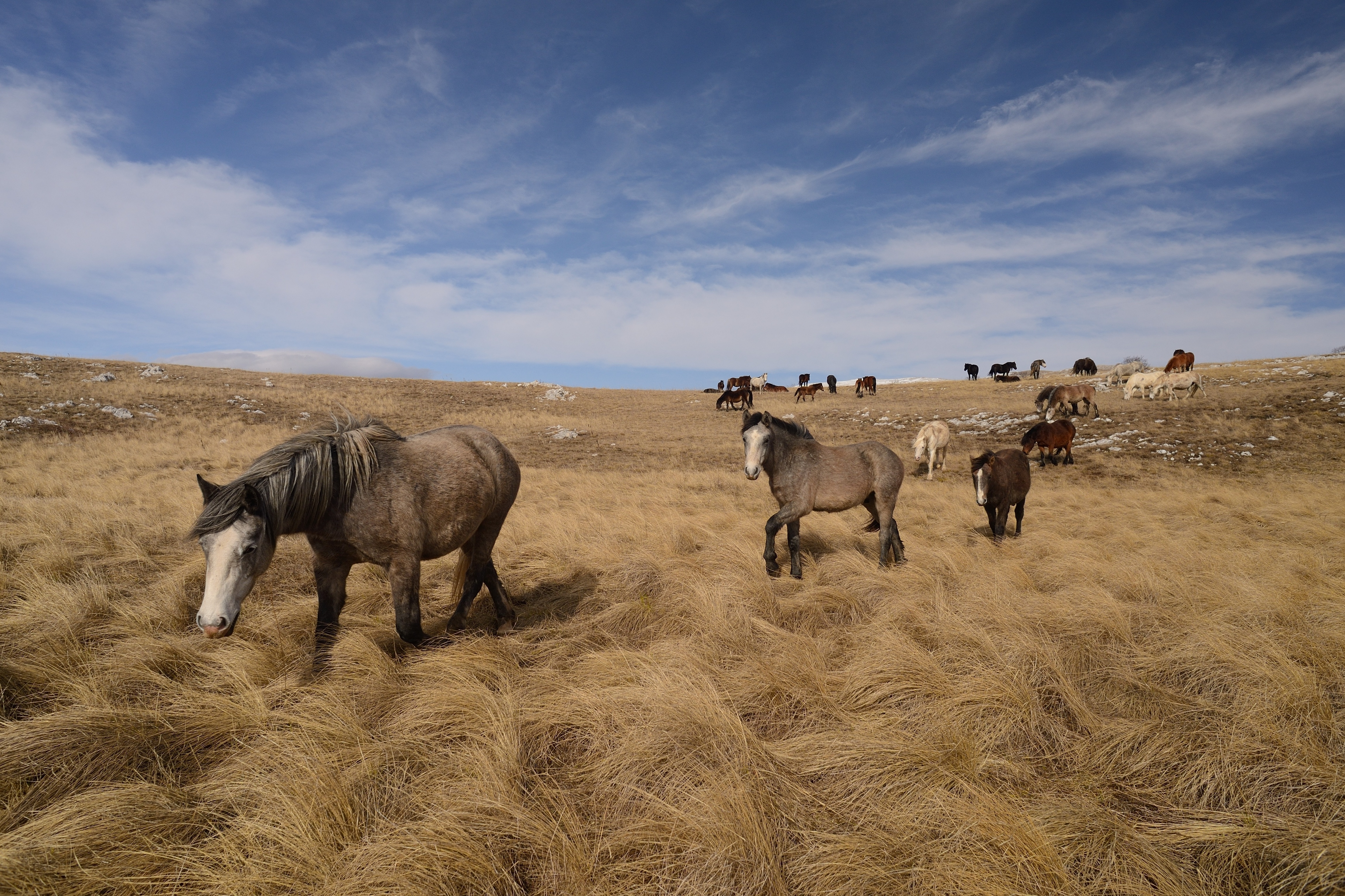
for equestrian landowners: environmental land mapping, sustainable track systems, grazing plans & ongoing monitoring
Owning or managing equestrian land comes with unique challenges — from maintaining horse welfare to protecting soil health and biodiversity. At Switch Equine, we specialise in helping landowners design and manage environments that work for both horses and nature. Whether you’re looking for practical grazing solutions, ecological restoration, or long‑term monitoring, we combine equine welfare expertise with ecological science to create tailored, evidence‑based plans for your land.
remote consultation and reporting
We use advanced GIS tools and environmental datasets to build a detailed picture of your land, even without an in‑person visit. This goes beyond equestrian layout design — it’s about understanding the ecological processes that shape your site. Through remote consultations, we will utilise this information, to understand the features of your land. Datasets we use include:
- Contour mapping (LiDAR & DTM):Understand topography and water flow to locate tracks, laneways, and grazing rotations. Reduces poaching, waterlogging, and erosion while keeping surfaces safe for horses.
- Hillshade analysis: Visualise slopes and drainage patterns to guide safe track and grazing design.
- Watercourses (OS mapping): Identify rivers, streams, and waterbodies to manage water access and avoid erosion risks.
- Soilscapes data (Cranfield University / Natural England): Provides mapped soil type, texture, drainage, and fertility. Helps predict pasture productivity, poaching risk, and nutrient needs, ensuring grazing plans match the land’s natural capacity.
- Designated sites & priority habitats (Natural England): Highlight sensitive habitats and designated sites to ensure compliance and protect biodiversity.
- Aerial imagery (Google Earth & satellite archives): Show site context and historical changes in land use.
- Floodplain mapping: Identify areas at risk of flooding to safeguard horses and infrastructure.
- Other datasets: Explored as relevant; availability varies internationally. Any paid data is passed on at cost.

what you get
We will utilise the above data to provide recommendations on how to integrate ecological restoration, regenerative principles, and holistic grazing practices to ensure your land reaches its full potential. These plans include actionable strategies for improving soil health, forage quality, and land productivity. We can incorporate recommendations on a wide range of topics, including:
- Track Systems/Paddock Paradise: Get advice on creating efficient track systems setups to promote natural behaviours, improve welfare, and prevent environmental degradation.
- Tall Grass Grazing: Discover how tall grass grazing can support your horses health, alongside land regeneration.
- Rotational grazing: Understand the principles of rotational grazing and how it can be applied to improve soil health, encourage biodiversity, and manage pastures effectively.
- Rewilding Projects: If you're considering rewilding your land or integrating wildlife restoration into your equine management approach, we can guide you through the steps to achieve a harmonious, biodiverse landscape.
- Advice on planting mixes: We can support in the decision on what seed mixes are appropriate for your land, your context and your horses, ensuring you support the environment through the right species in the right place.
cost
- Remote consultations: from £50/hour
- Full reporting & mapping: from £300, including a 1‑hour review call

site visits (UK only)
Site visits incorporate all remote analysis plus on‑the‑ground verification and data collection:
- Ecological baselining: in line with the UK professional standard (UK Habitat Classification)
- Habitat condition assessments: in line with Defra biodiversity metric
- Site verification: of compacted or waterlogged areas
- Soil structure investigations: trial pits, water table estimates, infiltration rates (season‑dependent), compaction checks
- Microbiometer testing: fungal:bacterial balance, a key indicator of soil health and resilience
- Geotagged photos of each location for future monitoring reference
cost
- all costs are bespoke dependent on the size and complexity of your site, and location.

ongoing monitoring & coaching
We provide long‑term support so you can track improvements over time.
Monitoring services include:
- Habitat condition assessments: Vegetation, wildlife, and ecological features
- Soil health assessments: Carbon sequestration and resilience indicators
- Long‑term land health monitoring: Short and long‑term packages available
Benefits:
- Informed decision‑making with continuous data
- Ability to track progress and adapt strategies
- Assurance that practices contribute to long‑term sustainability
cost
- all costs are bespoke dependent on the size and complexity of your site, and location.
